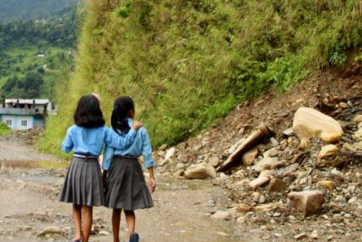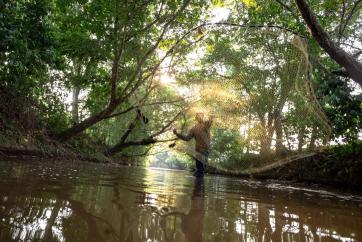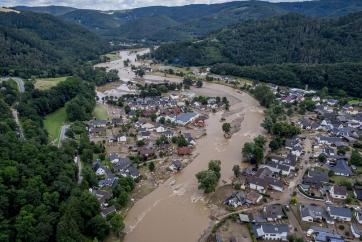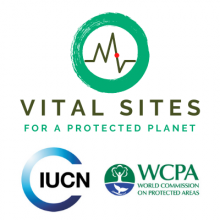|
🗓️ 3-11 SEPTEMBER 2021 |
Register for in-personRegister for virtual |
By 2030, we must achieve a harmonious balance between ecological integrity for natural landscapes, shared prosperity, and justice for custodians on working landscapes within the limits that nature can sustain. How can we deliver climate-resilient and economically-viable development, while at the same time conserving nature and recognising its rights? What fundamental shifts are required to protect and maintain terrestrial landscapes, such as forests and drylands, while providing food security for over 10 billion people? Can agrobiodiversity offer a viable pathway to climate-resilient food systems? What makes for sustainable land use planning?
Urban environments and cities, often perceived as a part of the problem, are growing rapidly. We should aim to establish greener, biodiversity-positive, climate-resilient and healthy urban habitats with a lower carbon footprint and overall enhanced liveability. The growth of urban spaces must be in harmony with nature. What are some nature-based solutions to overcrowded and overheated cities, which will also increase resilience to floods and climate change? How do we contain the growing adverse impacts of pollutants and waste in urban areas?
Economic activities, such as agriculture, fisheries, forestry and ecotourism, will continue to thrive only if nature is sustained. What rights, governance, standards and best practices must the world advance to preserve protected and conserved areas, while respecting cultural heritage and traditional knowledge systems? How can we better engage with all stakeholders to achieve an optimal, credible and legitimate balance between extraction, consumption and preservation? How can we strengthen accountability in these sectors and redress harm where it has occurred?
What type of actions or levers can tackle the underlying drivers of land degradation and generate transformative change? How can we stimulate integrated systems thinking and approaches that reconcile multiple interests, values and types of resource use?
Related content
Related sessions
| Date | Room | Title | Features | Session type | Themes | Favourite |
|---|---|---|---|---|---|---|
|
Tuesday 07 Sep 19:00 - 21:00 |
H3 - France Nature Environnement | Lets talk about "Forest" with France Nature Environnement |
fr |
Social and Cultural event |
Landscapes |
|
| WATEROCK |
en |
Speaker Pitch |
Landscapes Climate change |
|||
| Transformative Adaptation with Nature in practice |
en |
Speaker Pitch |
Landscapes Climate change |
|||
|
Saturday 04 Sep 10:00 - 11:00 |
H3 - Conservation Finance Pavilion | Biodiversity Offset Financing |
en |
Exhibition Event |
Landscapes Economic and financial systems |
|
|
Sunday 05 Sep 14:00 - 15:30 |
Virtual Channel 1 | Fostering Inclusive Conservation: how to better support indigenous peoples and local communities |
en, fr, es |
Thematic Stream Session |
Landscapes Rights and governance |







